User: | Open Learning Faculty Member:
The main ecological process in which my hypothesis touches upon is Herbivory. Herbivory is the consumption of plant material by animals, and herbivores are animals that are adapted to eat plants. Herbivory is a type of predation-prey interaction, which in this the case the Canada Geese is the predator and the Kentucky Bluegrass is the prey. Many plants, specifically weeds, in the park area have evolved defenses like chemicals and thorns to protect themselves from the predators, so the Canada Geese must be careful to pick the less defensive plants, such as the Kentucky Bluegrass. Another process which the hypothesis relates to is the reproductive (and evolutionary) fitness of the Kentucky Bluegrass species in the park area. The hypothesis speaks to the level of damage inflicted by Canada Geese on Kentucky Bluegrass in the grazing area relative to the level of damage in a non-grazing area. This shows how the Canada Geese grazing habits are affecting the fitness of the Kentucky Bluegrass. I have predicted that the study will show that overall the grazing habits of Canada Geese will cause more damage to the grass species than if there was no grazing at all. This damage will decrease the amount of grass in the area and therefore reduce the reproductive fitness of the Kentucky Bluegrass species. Three keywords that I would use to describe my research project would be:
- Canada Goose Grazing Habits
- Herbivory Interaction of Canada Goose and Kentucky Bluegrass
- Managing Negative Impacts of Canada Geese
